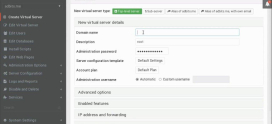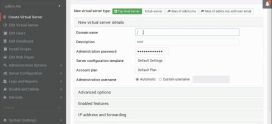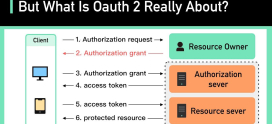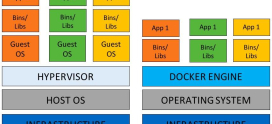How to load comments with pagination in WordPress?
Do you want to paginate comments in WordPress?
WordPress posts and pages with lots of comments load slower. However, you don't want to delete these comments because they mean the community is engaging with your content. The most commented post is the most popular post.
However, a slow loading page ultimately harms the website’s SEO.
In this article we will learn how to load comments with pagination in WordPress.
What is pagination?
Pagination is the process of dividing long content into several parts and then adding the number in sequential order.
WordPress allows you to paginate blog posts and pages. You may have seen pagination on the blog archive pages of many websites.
You can also load comments with pagination in WordPress.
How to load comments with pagination in WordPress?
Follow the steps to load comments with pagination in WordPress:
Step 1: Log in to the WordPress admin dashboard
Step 2: Navigate to the Settings > Discussions page.
Step 3: Under Comment Settings, look for the option “Split comments into pages”.
Step 4: Enter the desired number of comments on each page
Step 5: Specify how the comments should be displayed
- Default to last page or first page of first?
- Older comments first or default to newest communities first?
Step 6: Click “Save Changes” to save the changes.
Depending on your topic, you may see numerical page numbering or “previous/next” comment links.
That's it. You have paginated comments in WordPress.
Why comment pagination?
Just because you can doesn't mean you should, but paginating the comments section is recommended.
If you don't get hundreds of comments on your post, you can leave it as it is. However, if you get hundreds of comments, it can increase the page weight. The heavy page would be difficult to upload quickly, and when ranking for competitive keywords, every second counts.
By splitting comments into multiple pages, the volume is reduced and page speed is increased.
SEO effects of comment pagination
The SEO community is divided on the SEO effects of comment pagination. There is no concrete study that proves or disproves anything.
Faster page speed has a positive impact on browsing experience and rankings, but the extra effort users have to put in to click the button and read the following comment is a bad browsing experience.
And then there's the comment content. Assuming the comment content is relevant to the topic (which it probably is), then it could improve search intent and increase the time users spend on the page – which means better rankings. However, if there is a discussion without any mention of the keyword, it could reduce the proportion of keyword content – which is a weak on-page SEO tactic. Even so, without keywords, search engines would be unable to recognize the intent of the page.
On the other hand, the quality of comments needs to be maintained when including keywords in some tactics. Many factors come into play when it comes to the SEO effects of comment pagination. But I would love to hear your opinion in the comments section.
Packing
A website should load quickly to get a better browsing experience, search engine traffic and better conversion rate. You should take all the steps to ensure that the website loads at its full potential.
Minifying CSS and HTML, optimizing images, enabling browser caching, and disabling image hotlinking will not work if the website host is not powerful enough.
ServerGuy recently doubled the speed and performance of JadeBlue. If you want the same result for your WordPress website, check out our WordPress hosting.
I hope this article helped you paginate comments in WordPress, if you encounter any errors please leave them in the comment section.









